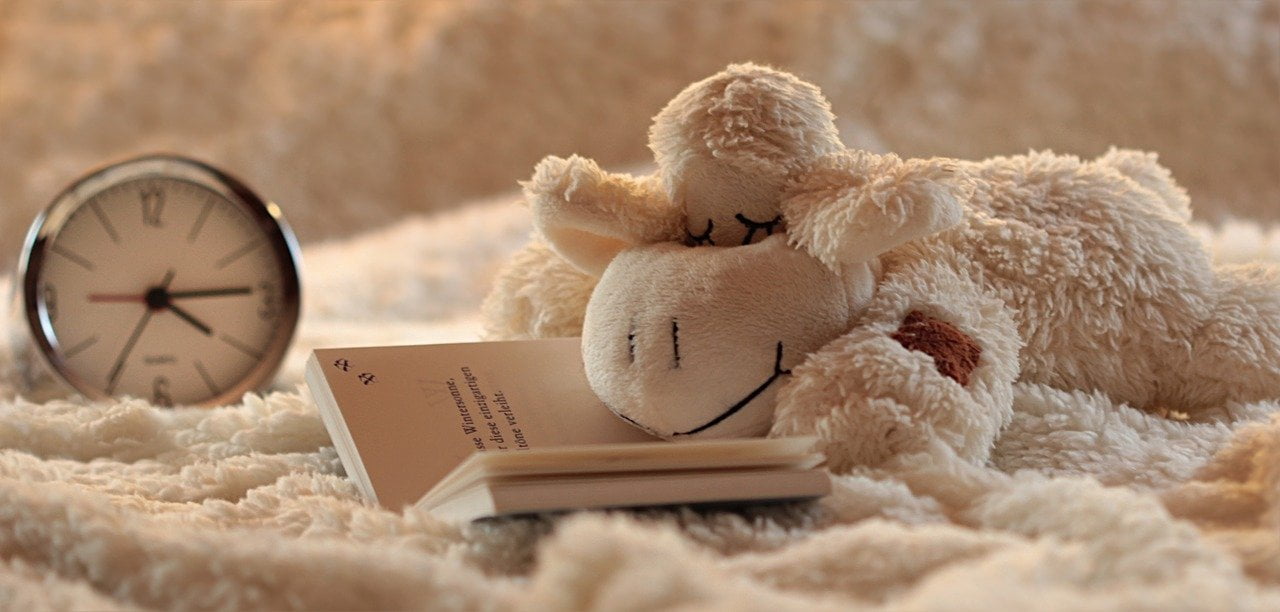Bloggin Noggin
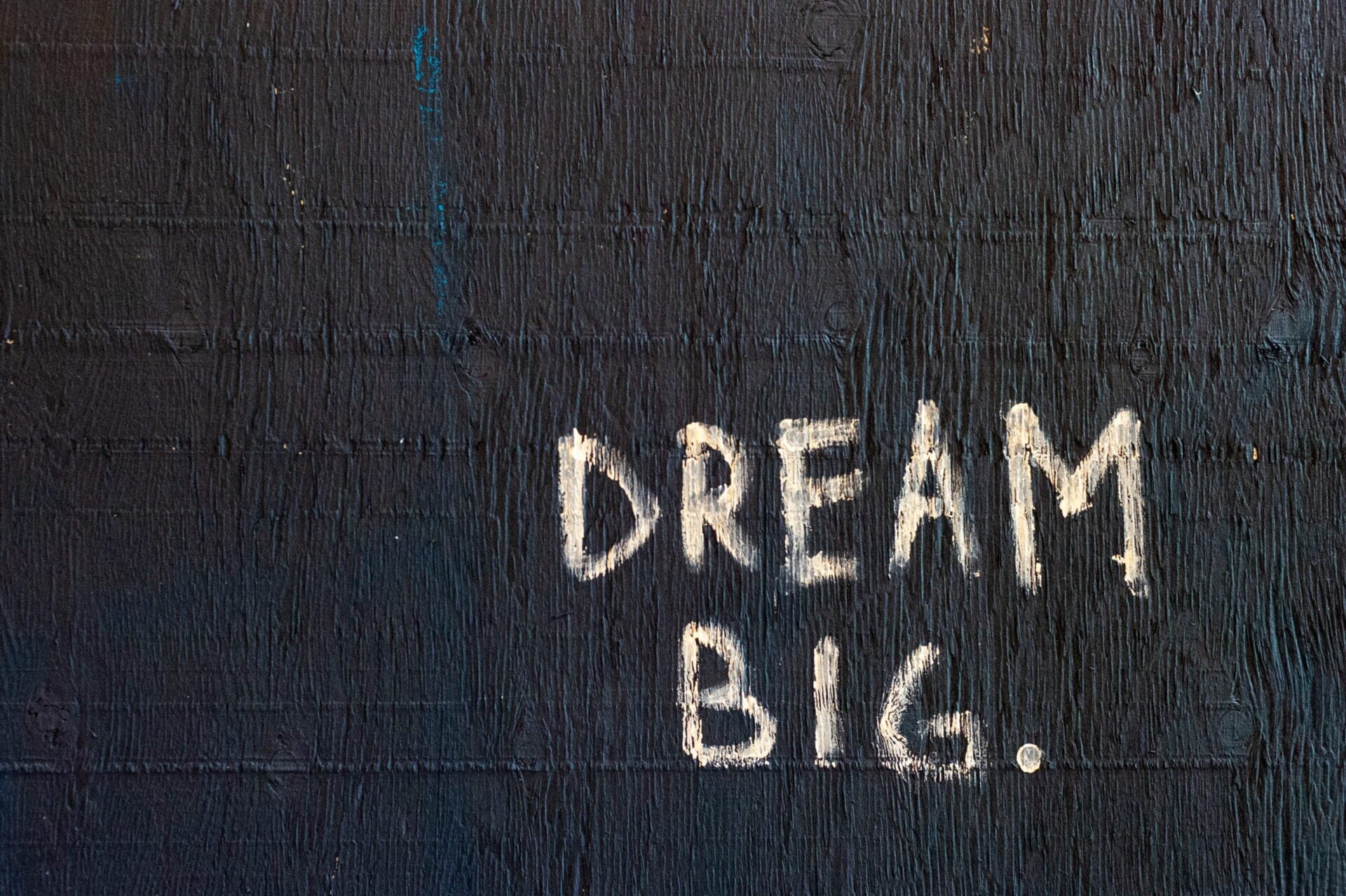
Sleep
"I didn't dream of success. I worked for it"
Sleep, dreams and why they matter for brain health
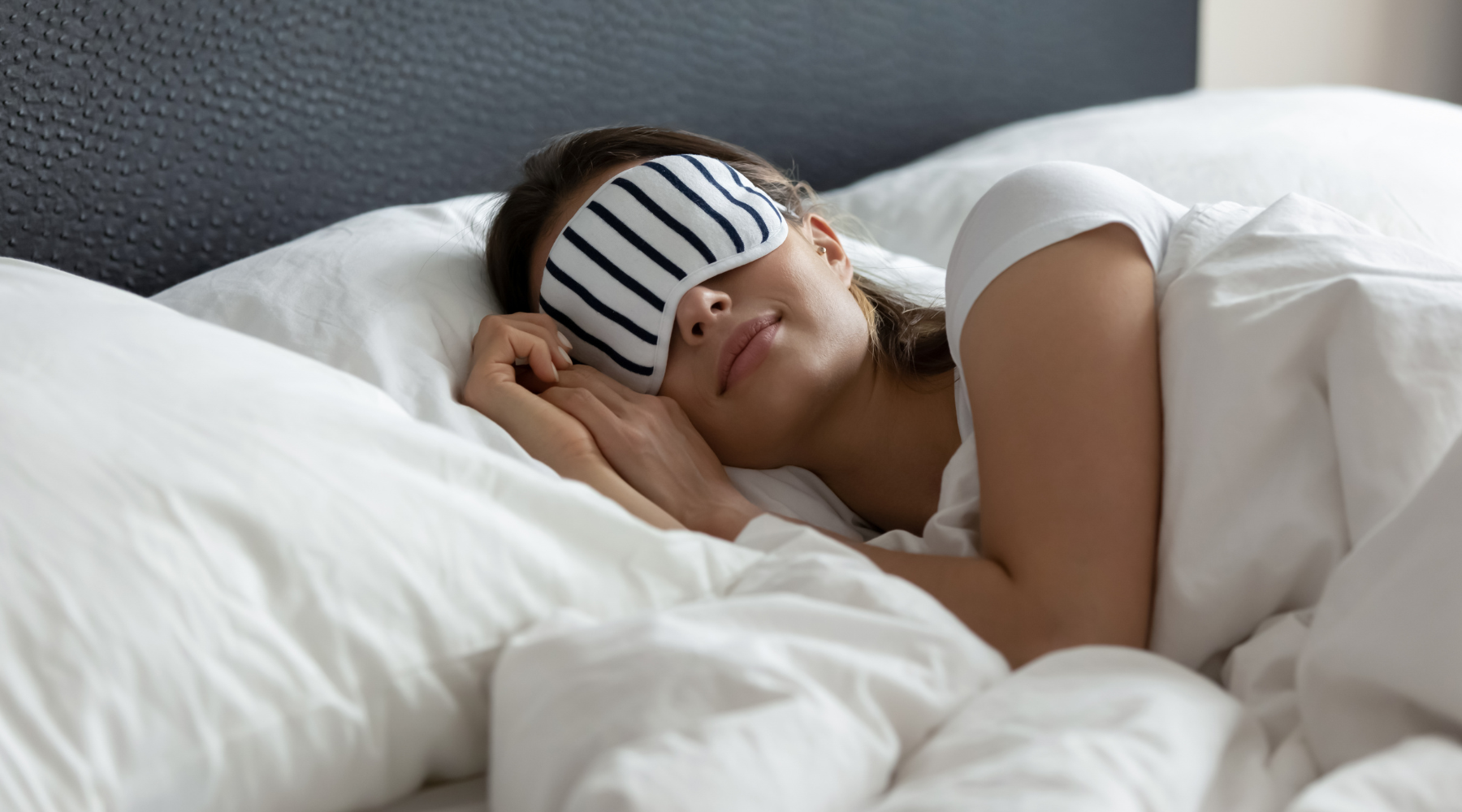
Sleep
How do you wind down for bed?
Preparing ourselves for lights out can be really helpful for getting a restorative, better quality sleep. But what steps can you take today to improve your sleep hygiene? Here's our suggestions...
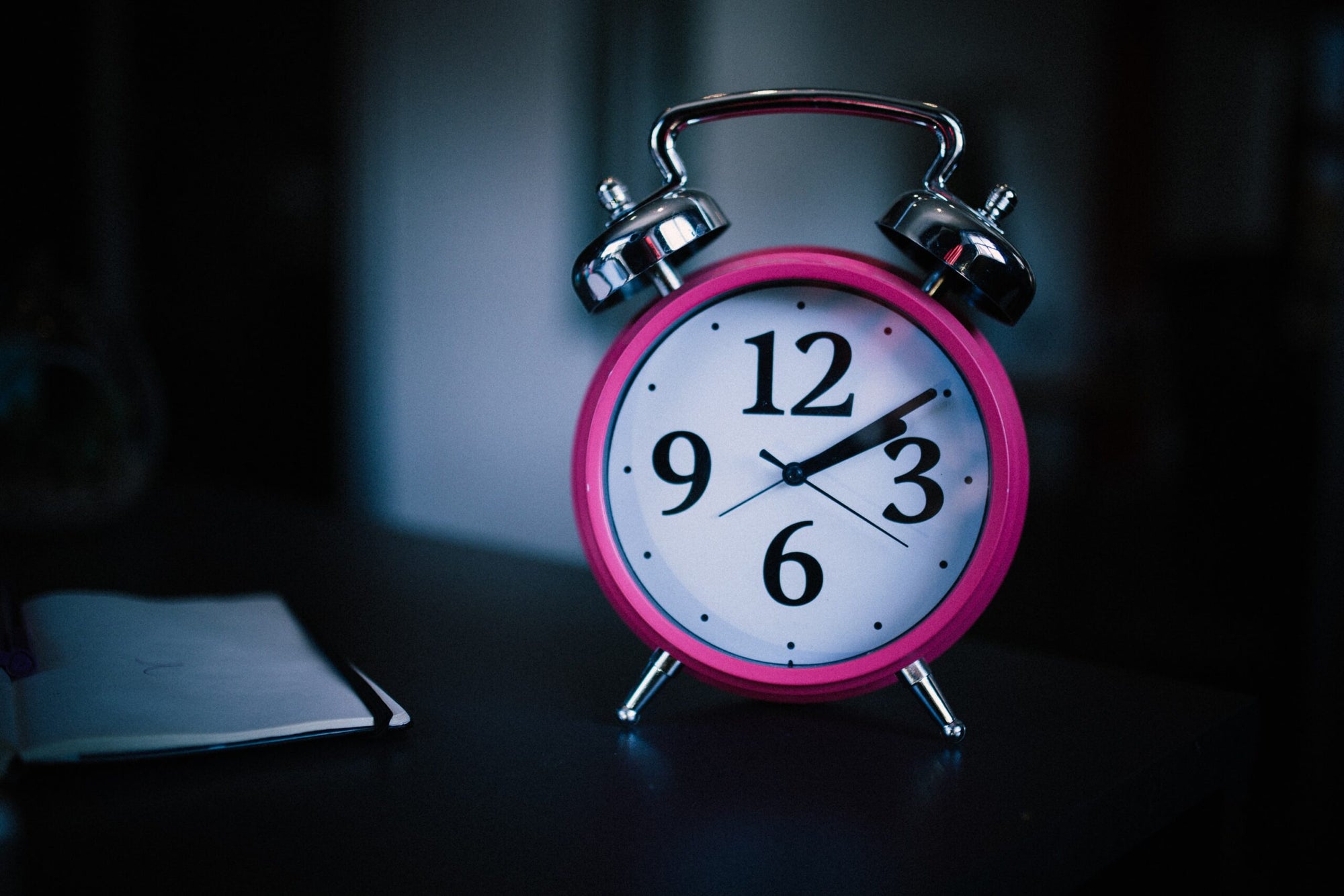
Brain Health
Can A Nap Boost Your Brain Health?
Yes! Research has shown that catching a few Zzzzz during the day can be good for your brain.
A number of famous names are notable for their love of napping.
Sir Winston Churchill managed on just four hours sleep a night during World War Two — but insisted on a two hour nap in the afternoon.
Albert Einstein reportedly slept for 10 hours a night, plus daytime naps.
The Kardashians also manage to nap with their young family, though that might have been pre-Kanye’s erratic behaviour in the media.
There’s also scientific from Harvard Medical School supporting the belief that having a nap can give our brains some much needed downtime.
When Greece started phasing out its siesta in the 1990s, and keeping stores open longer during the day, researchers from Harvard University’s School of Public Health attempted to quantify the impacts of this cultural change. Though none of the participants had a history of heart disease or stroke when the study began, by the end of the six-year period, those who had stopped taking their regular siesta suffered a 37% increased risk of death from heart disease compared to those who didn’t.
A growing number of businesses are recognising what research has long conveyed: daytime napping may come with big advantages — both psychological and professional.
In recent years in the US, Google, Uber, Nike NASA and Zappos all offer some form of napping benefits.
Napping Types
Planned napping (also called preparatory napping) involves taking a nap before you actually get sleepy.
You may use this technique when you know that you will be up later than your normal bed time or as a mechanism to ward off getting tired earlier.
Emergency napping occurs when you are suddenly very tired and cannot continue with the activity you were originally engaged in.
This type of nap can be used to combat drowsy driving or fatigue while using heavy and dangerous machinery.
Habitual napping is practiced when a person takes a nap at the same time each day.
Young children may fall into the land of nod about the same time each afternoon or an adult might take a short siesta after lunch each day.
Benefits
A little nap can help restore energy, alertness, enhance performance, and reduce mistakes and accidents.
A study at NASA on sleepy military pilots and astronauts found that a 40-minute nap improved performance by 34% and alertness 100%.
Naps can increase alertness in the period directly following the nap and may extend alertness a few hours later in the day.
Napping has psychological benefits - a nap can be a little luxury, a break from the routine and it can provide an easy way to get some relaxation and help you feel rejuvenated.
Timing is Key
One of the keys to "power napping", or “cat napping” or taking a “disco nap” is to keep them short. If you benefit from napping there is almost no length of nap that is too short. However, an extended nap can leave you feeling groggy and ‘jetlagged’ as well as possibly upsetting your night time sleep.
Many experts say 10 to 20 minutes is the ideal duration to bolster energy and heighten alertness. Setting an alarm for this length of time is recommended to get the best benefit from your daytime downtime.
Another idea is using the Calm App which has specially selected Nap settings to help you gently fall asleep and stir from slumber naturally.https://www.calm.com/breathe
Keep Well,
Dr Clara Russell
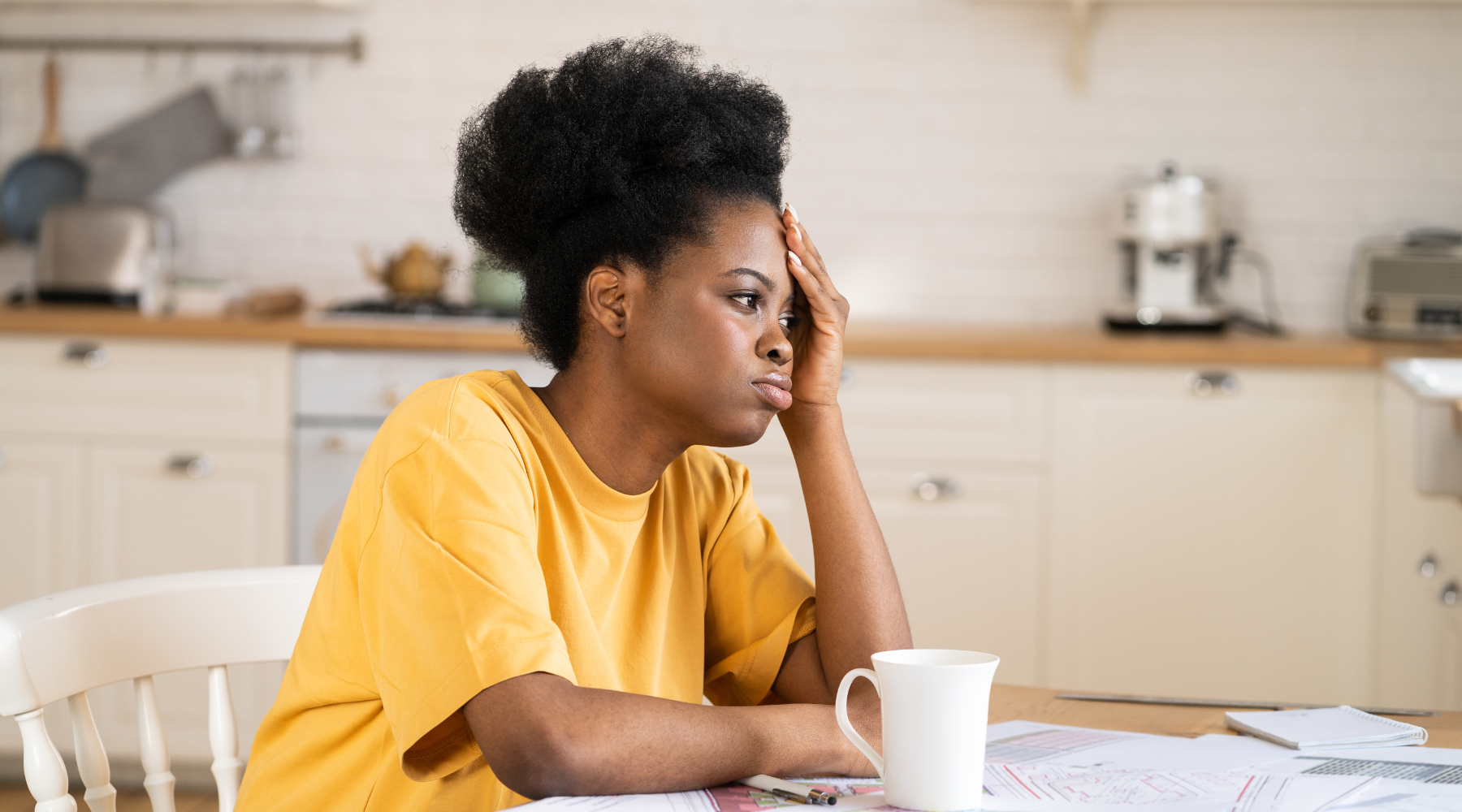
Brain Health
Is lack of sleep causing you stress?
Did you know that poor sleep quality, or a lack of sleep can be causing you stress? More than just irritability, stress can raise your cortisol levels which isn't great for your brain or your body. Here's our 3 top tips for better sleep that you can try today.

Sleep
How to sleep in a heatwave
How to sleep in a heatwave: the science says to drink this hot drink before bed in hot weather
There’s nothing worse than not getting a good night’s sleep and at the moment with the UK temperatures hitting the high notes, it can be tricky to get a proper night’s rest.
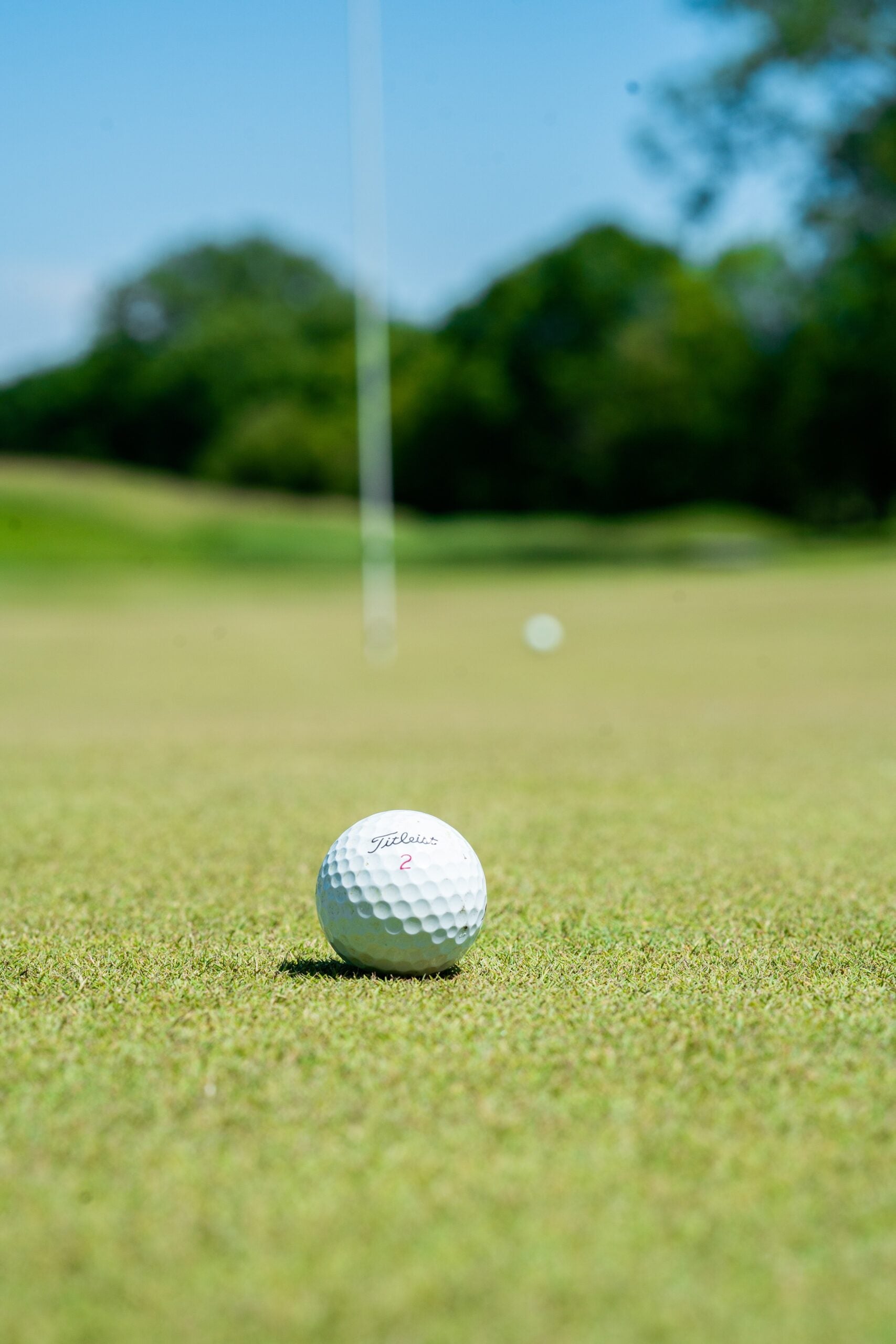
Mental Health
Anyone for a Round?
"The more I practise, the luckier I get" Gary Player
With summer here and lockdown restrictions being lifted in outdoor sports, now might be a good time to head to your local golf course and play a round. Golf is good not only for your physical health but your mental and brain health too.

Sleep
4 ways what we eat can affect our sleep
Sleep is one of the most important things we can do to look after out brain health. Not only does regular quality sleep help us feel better in ourselves, it is also important for our memory and immune system.

Sleep
Why a good night's sleep can help your memory
What goes on in our brains when the lights are out
Sleep is essential for rest and repair of our bodies and minds. It is also vital for our immune system and broken non restful sleep and impact on our bodies ability to deal with disease.
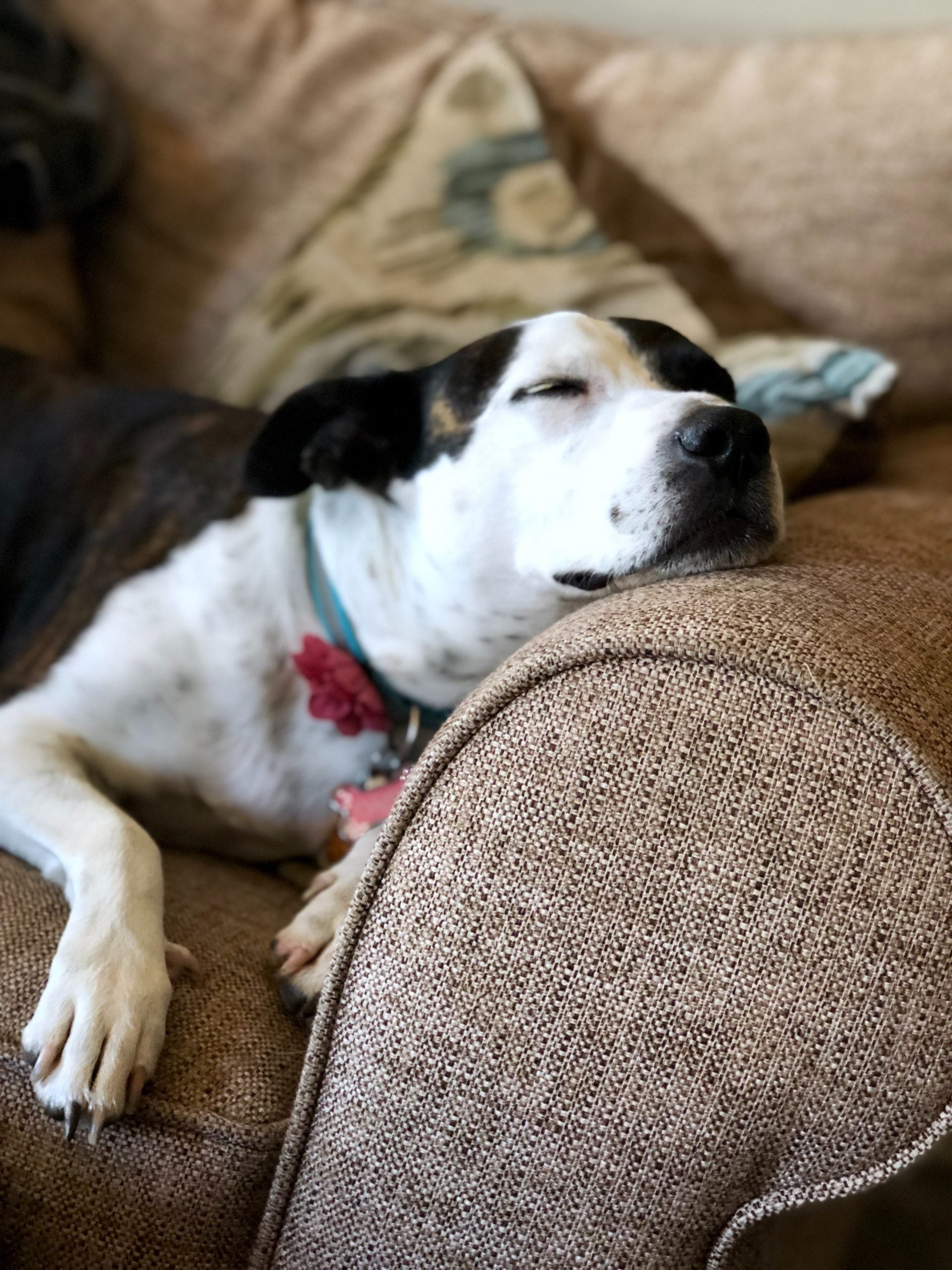
Sleep
To Nap or not to Nap?
Having a daytime nap is something we associate usually with babies, toddlers and for the rest of us when we are on holiday somewhere sunny ( we can dream)- most of us are just too busy right?
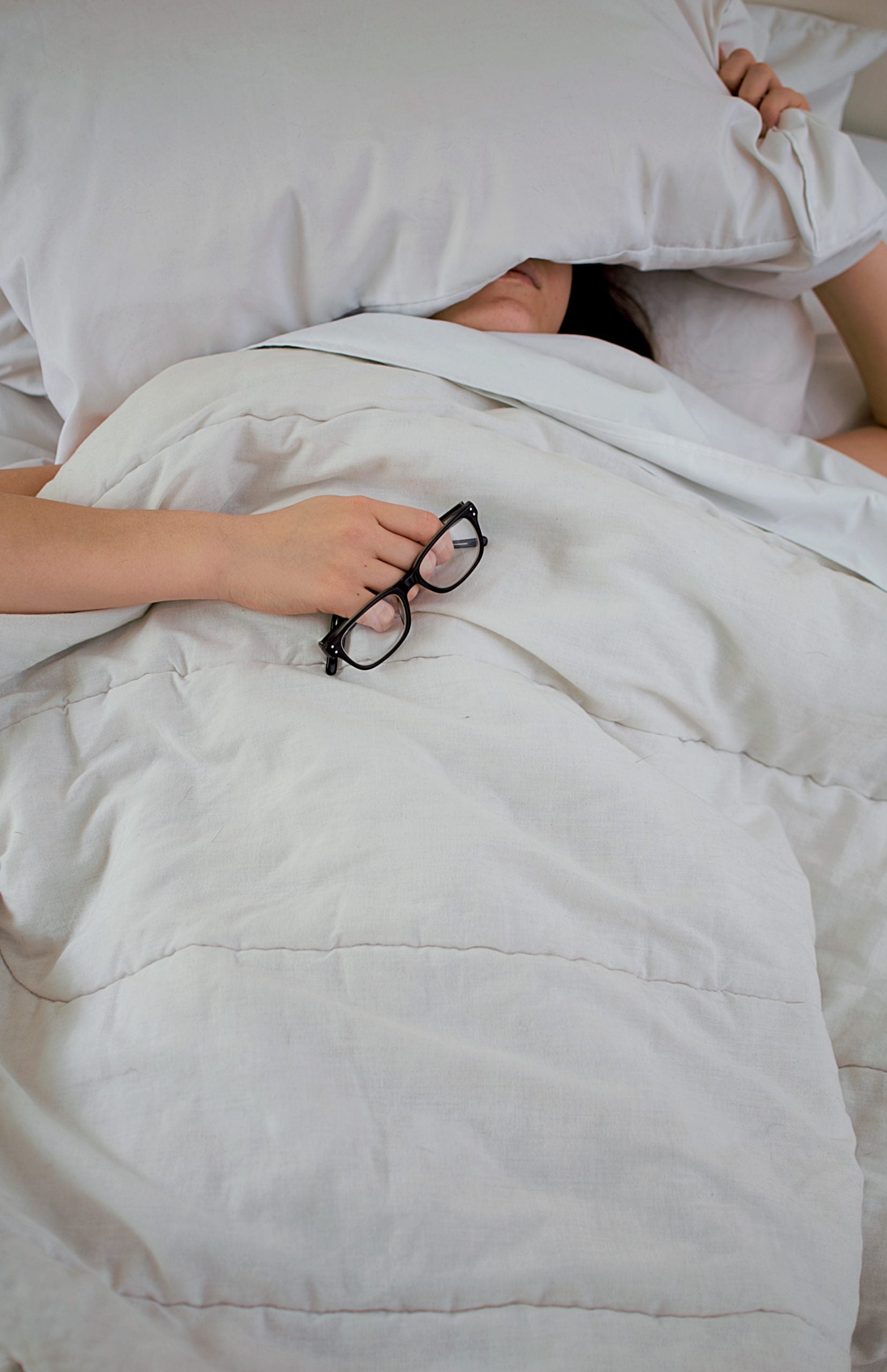
Sleep
What really happens when we turn the light off at night?
How we sleep. A Study Adults Sleep Patterns across 12 countries confirmed that most of us do not get enough sleep* On average 6.8 hours on a weeknight, 7.8 hours on a week end- both below the recommended 8 hours
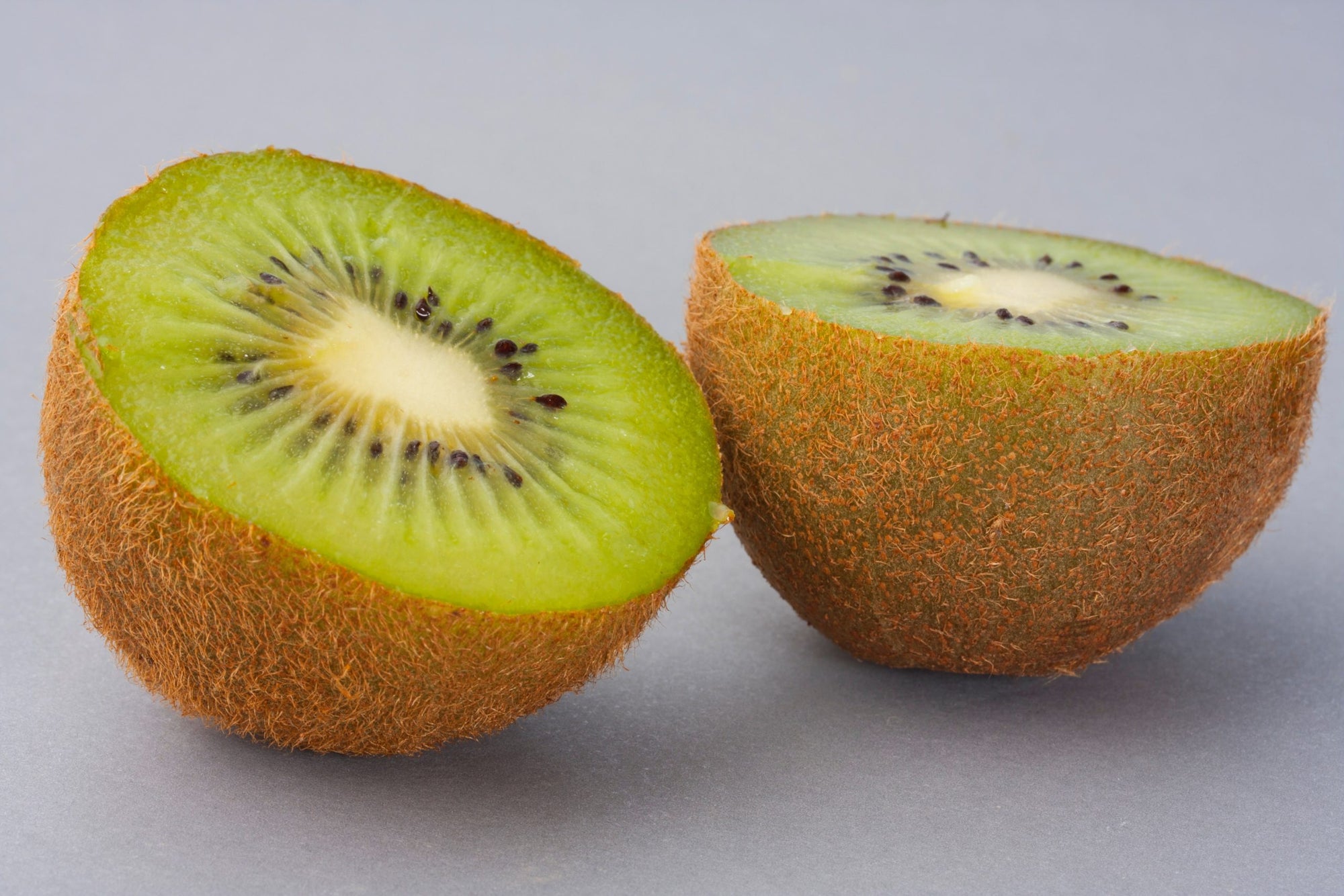
Sleep
Can eating certain foods help us sleep?
t’s a no brainer that coffee or caffeine before bed can be a sleep disrupter. But did your know that certain foods can be helpful to our sleep? Melatonin is a hormone that is released in larger amounts as we get closer to bed time, the peak usually in the early evening to prep is for sleep at night time.







